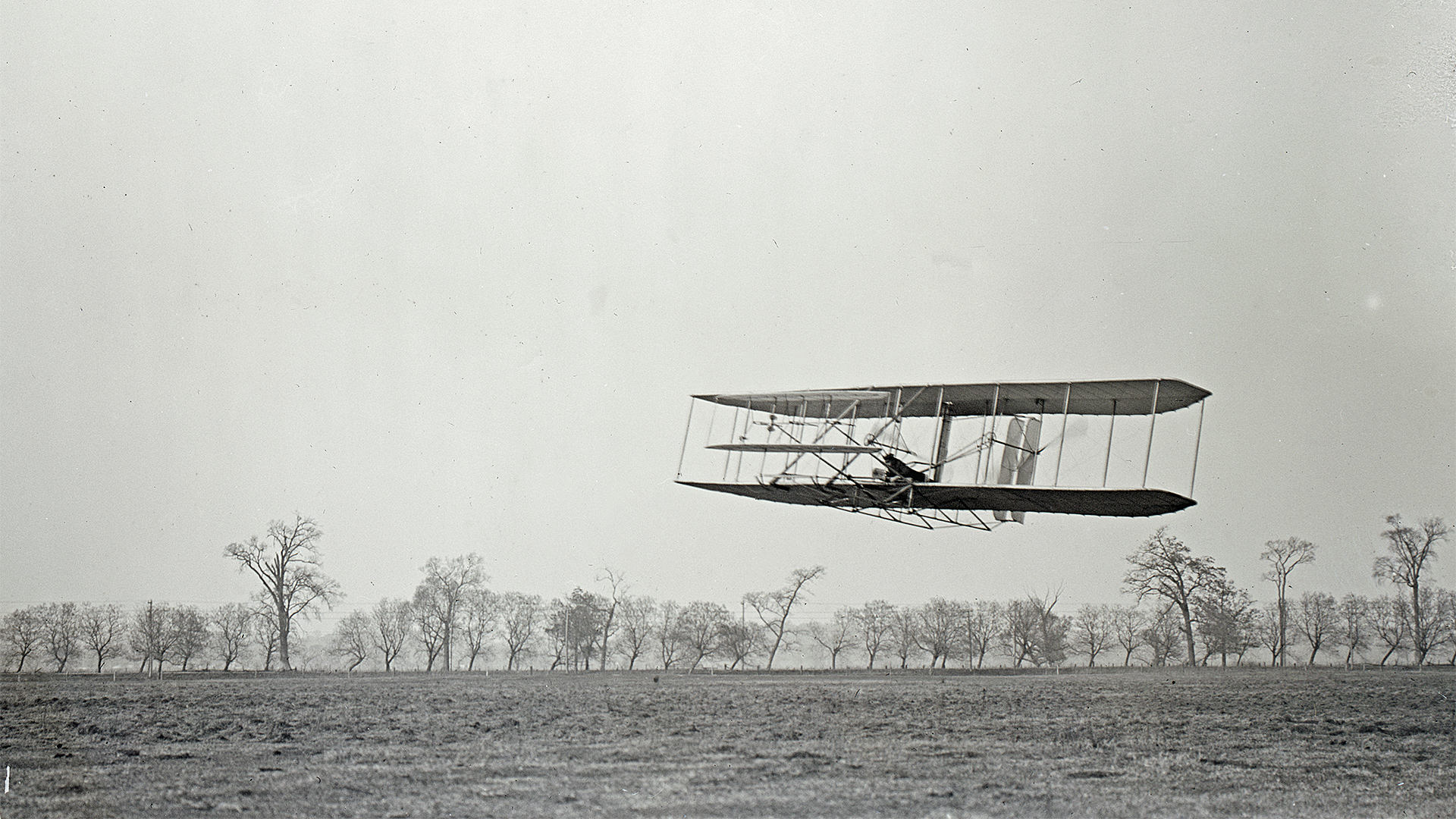The US Federal Aviation Administration this month kicked off what could be the first step in a journey towards the full automation of the airliners we all travel on.
The FAA commissioned the Boeing subsidiary Insitu, based in Bingen, Washington, and the New Jersey Air National Guard to begin investigating ways for civil aircraft to share their airspace with remotely piloted uncrewed aerial vehicles (UAVs).
Once UAVs can avoid passenger jets, remotely piloted cargo planes are likely to take to the skies, pushed by some compelling economics. "The cargo airlines want very much to lose their pilots. The money that would be saved in salary and benefits, including retirement and healthcare costs, is pretty staggering,"
The FAA commissioned the Boeing subsidiary Insitu, based in Bingen, Washington, and the New Jersey Air National Guard to begin investigating ways for civil aircraft to share their airspace with remotely piloted uncrewed aerial vehicles (UAVs).
Once UAVs can avoid passenger jets, remotely piloted cargo planes are likely to take to the skies, pushed by some compelling economics. "The cargo airlines want very much to lose their pilots. The money that would be saved in salary and benefits, including retirement and healthcare costs, is pretty staggering,"
tags: tool, control, transportation, commerce.

No comments:
Post a Comment